This is our regular round up of stories of progress from around the world. If you'd like to join over 55,000 people who get this in their inbox every week, you can subscribe for free below.
Hi everyone, we're back after our month-long summer break, thank you for hanging in there while we were gone, and a big welcome to all the new readers that have joined us! We're so pleased you're here.
We're 18 days into 2024, and reading the news already feels like sawing your leg off with a rusty saw. The temperature graphs are terrifying, the weather is crazy, the Middle East is a tinderbox, doors are flying off airplanes and after a few years of half-hearted sobriety, the US media has relapsed with a vengeance, and is furiously injecting Trump into its collapsed veins again.
Grim prognostications abound, surely some revelation is at hand. Everywhere you look, commentators and experts assure us that an unprecedented basket of awfulness awaits, that after years of overlapping crises of pandemic, war, economic fallout, forced migration, geopolitical turmoil and climate disaster, collapse is now inevitable.
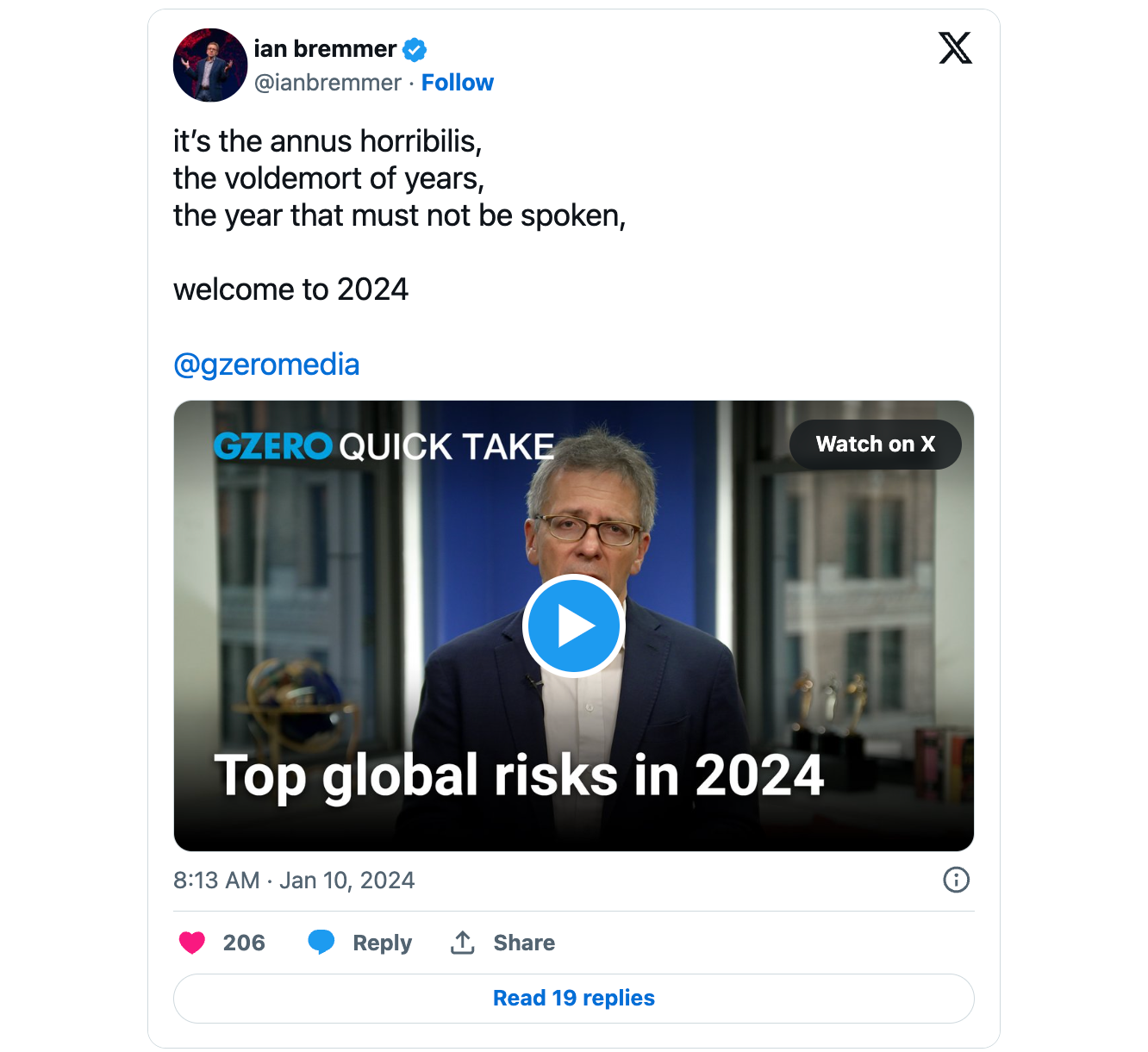
On the one hand, they've got a point. Those temperature graphs really are scary, the prospects of peace in Ukraine and Gaza seem slim, and with so many elections happening this year, there's a good chance things might spin out of control. On the other hand, have you ever wondered why it's always the Top Ten Risks of the year, and not the Top Ten Opportunities?
The answer is that cynicism and negativity are easy, and they make you sound smart. If you keep on predicting disaster, you're never wrong, because eventually it will happen somewhere; and if it doesn't, nobody will hold it against you. Optimism is more vulnerable, more courageous. It opens us up to criticism, to the possibility of disappointment.
That doesn't mean we shouldn't try though. A lot that could go right this year too. Clean energy is accelerating everywhere, inflation is subsiding as supply chains shake off the last effects of the pandemic, it's looking like another bumper year for global health, we're expecting some big wins for human rights (especially in Asia), and democracy might turn out to be more resilient than most people think.
Hope is allowed.
We'll be here documenting it for you. Without further ado:
Good news you probably didn't hear about
Cape Verde, an island nation off the coast of West Africa, has become the first sub-Saharan African country to be declared malaria-free in 50 years. The WHO confirmed there have been no cases of local transmission in three years, thanks to a decades-long effort to strengthen its health systems and increase access to diagnosis and treatment. BBC
Eastern and Southern Africa have achieved gender parity in primary education, with 25 million more girls enrolled in primary school in the region today than in the early 2000s. There's still a long way to go: not as many girls complete high school as boys (although the gap is narrowing), and labour force participation is still dramatically unequal, but progress is happening. World Bank
The Canadian Cancer Society has a new report on progress in the fight against cancer, the country's number-one cause of death. Age-standardised mortality rates have decreased by 39% in males and 26% in females since their peak in 1988, and the rate of decline has accelerated since 2016, particularly for lung, bladder, and colorectal cancer, as well as Hodgkin's lymphoma.

Yes, everything in America is awful, apart from the fact that 21 million kids will get free lunches this summer; 22 states just increased their minimum wage, which will benefit 9.9 million workers; inflation is well and truly over (seriously); more than 40% of the population now lives in states that are dedicated to 100% clean energy; Obamacare enrolments are surging in southern states; blue collar jobs are booming and all other major sectors of the economy except for leisure and hospitality have seen job numbers fully recover from COVID; the IRS has collected half a billion dollars in back taxes from delinquent millionaires since 2022; soda taxes in five cities are working better than expected; millions of people just got access to cheaper insulin; the proportion of Texans living in poverty is declining; California has a new law allowing parents who experience miscarriage and stillbirth to take leave from work; trans people are finding refuge in upstate New York; a new FDA rule allowing gay and bisexual men to give blood is making donations more inclusive; Minneapolis has figured out the right way to help people experiencing homelessness; Illinois recently implemented a raft of progressive laws, including a ban on dozens of rifles and handguns; and the federal government just issued a pardon to every American who has ever used marijuana.
Vietnam made big reductions in poverty last year. Its National Office for Poverty Reduction reported a multidimensional poverty rate of 2.93% at the end of 2023, a 1.1 percentage point decrease from 2022. The poverty rate declined by over 5.6 percentage points in impoverished districts to approximately 33%, and in ethnic-minority areas, it dropped to nearly 18%. Vietnam+
Sanitation is coming to Tanzania. Between October 2018 and April 2023, over 4.7 million people gained access to improved water supplies, 6.6 million people gained access to improved sanitation facilities, 594 villages achieved community-wide sanitation status, and 1,904 healthcare facilities and 1,095 primary schools installed improved sanitation and hand-washing facilities. World Bank
Greek PM Kyriakos Mitsotakis’s plan to legalise same-sex marriage and allow adoption for LGBTQ+ couples obtained crucial backing from the opposition last week. Legislation is now set to be approved by Parliament, despite backlash from the Orthodox Church. 'We are going to legislate equality in marriage, which means elimination of discrimination based on sexual orientation.' Euro News

Road traffic kills way more people than war, and is the leading cause of death for young people aged 5 to 29 years. However, humanity is making progress. There were an estimated 1.19 million road traffic deaths in 2021, a 5% drop from 1.25 million deaths in 2010. This happened despite the global motor vehicle fleet more than doubling, and the global population rising by a billion in the same period.
Quite literally proving the adage that 'the news doesn't report the planes that land,' did you know that in 2023 there were no major fatal accidents involving large turbofan-powered commercial aircraft? That makes it the safest year in aviation history. Gotta be worth a headline somewhere, right? Wrong. Simple Flying
A road construction project linking Ivory Coast and Liberia is set to provide an economic lifeline for over 900,000 farmers; a wastewater management project in Vietnam is set to improve water quality and wastewater treatment for half a million people in the province of Binh Duong; and a sanitation project in Tamil Nadu in India will improve water and sewerage for over 2 million people.
Relief may be in sight for consumers. The FAO's food price index, which tracks prices of cereals, vegetable oils, sugar, meats, and dairy, fell 10% last year, the biggest annual decline since 2015, and there are signs that lower wholesale food prices are starting to feed through to supermarket shelves around the world. Bloomberg 🎁
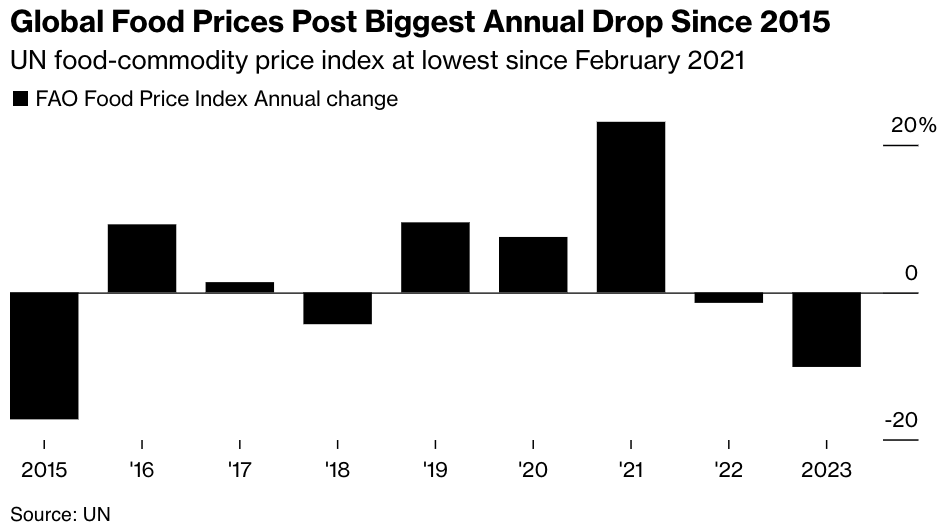
Even more good news you didn't hear about
Joe Stiglitz on inflation: time for a victory lap? US-China relations are stabilising, but that's not nearly as newsworthy as when they're shaky. The Global Vaccine Alliance just authorised $1.8 billion for vaccine manufacturing in Africa, for catching up missed vaccinations, and for future pandemic preparedness. The WHO has added the R21 malaria vaccine to its list of prequalified vaccines, opening up further avenues for support and distribution. A law extending marriage and adoption rights to same-sex couples in Estonia just took effect, and Israel's Supreme Court has ruled that LGBTQ couples can adopt. Free bus passes are transforming the lives of millions of women in India. In a major shift, more women than men were employed as associates at US law firms in 2023. Zimbabwe is on the cusp of becoming the next African country to eliminate the death penalty. Not all heroes wear capes: check out these amazing kids in Yemen.
Good news for the planet
The most comprehensive analysis of Africa’s elephant population to date has found numbers have increased annually by 0.16% over the past 25 years, with the current population estimated to be 415,000. The most stable populations were mostly found in large, protected lands that were connected to buffer areas rather than isolated 'fortress' parks. Guardian
For decades, news from southern Africa was dominated by waves of poaching and other threats. But there’s been a lot of good work done that has basically turned the tide and that story has never really been told.
Dr Robert Guldemond, University of Pretoria
The new Island Lake Wilderness Area in Nova Scotia will protect 3,937 hectares of land, wetlands, and water in the St. Margarets Bay area, which is critical habitat for the endangered mainland moose. The area is one of 23 new designations for the Canadian province, tallying an additional 14,000 hectares of protected wilderness (and counting).
In Spain, a landmark €1.4bn deal will safeguard the Doñana in western Andalucía, one of Europe’s most important wetlands. The agreement will diversify the local economy and stop farmers using aquifers to irrigate fruit crops. 'There’s more of a future than strawberries and raspberries and anyway, if you don’t look after the water, there will be no more strawberries or raspberries.' Guardian
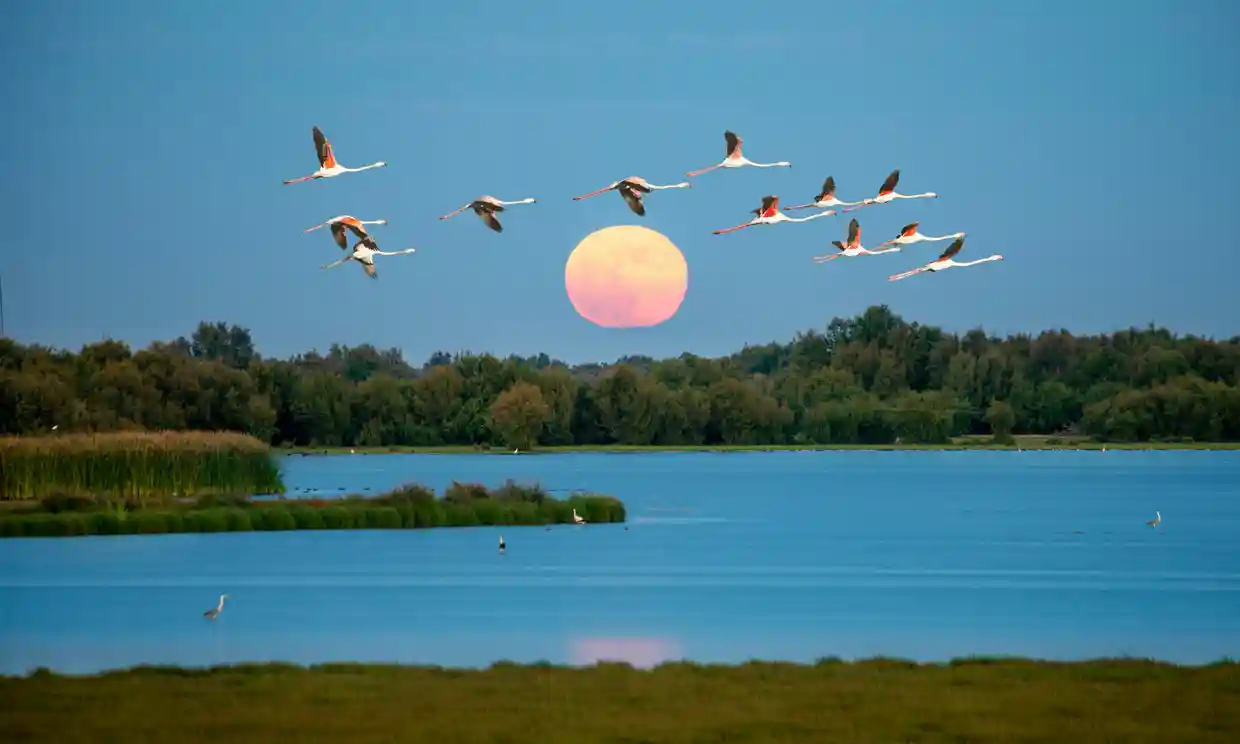
A historic win for Indigenous land rights in Ecuador, with Siekopai communities regaining ownership of 42,360 hectares of their ancestral Amazonian homeland, 80 years after they were displaced. It’s the first time an Indigenous community has received title to land within a nationally protected area. Mongabay
Poland’s new climate minister, Paulina Hennig-Kloska, has taken the first step to stemming biodiversity loss, with a six-month moratorium on logging in 10 of the country’s most ancient forests. She also announced plans to create a constitution for Białowieża National Park, a UNESCO heritage site on the border of Poland and Belarus. Guardian
The United States finished 2023 on a high note for environmental protection, with a 70% increase in criminal investigations of polluting industrial sites and a renewed push to limit logging and conserve old growth forests. This will include the first nationwide amendment to US Forest Service management plans in the agency’s 118-year history. Euro News
China’s stricter regulations on chemical particulates that can be easily inhaled and passed into the human bloodstream have shown remarkable success in clearing up its skies. Concentrations of PM2.5, a major cause of heart and respiratory diseases, has fallen across most major cities, especially Beijing. Bloomberg
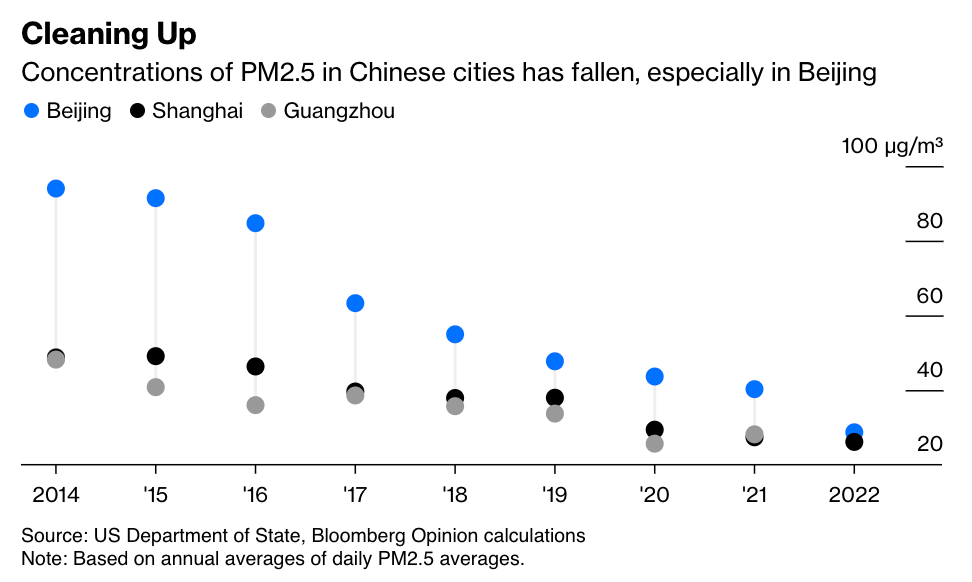
The Sucúa Municipal Conservation and Sustainable Use Area in Ecuador will protect 17,741 hectares of threatened Amazonian ecosystems in Morona Santiago, preserving water sources for over 30,000 people and critical habitat for the endangered Humboldt’s Woolly Monkey. Andes Amazon Fund
Good news for animal rights. A new law in South Korea will make the sale of dog meat illegal from 2027, ending centuries of the practice, and after a multi-year campaign by animal rights organisations, Chile has banned cosmetic testing on animals, including the manufacturing, import, and marketing of cosmetics tested on animals elsewhere in the world.
The ulūlu, also known as Hawaii’s millerbird, is no longer critically endangered thanks to efforts by conservationists to reintroduce the bird to its restored island of Laysan; and in Chad, an ambitious recovery project has reversed the fate of the mythical-looking scimitar-horned oryx after it was declared extinct in the wild in 2000.
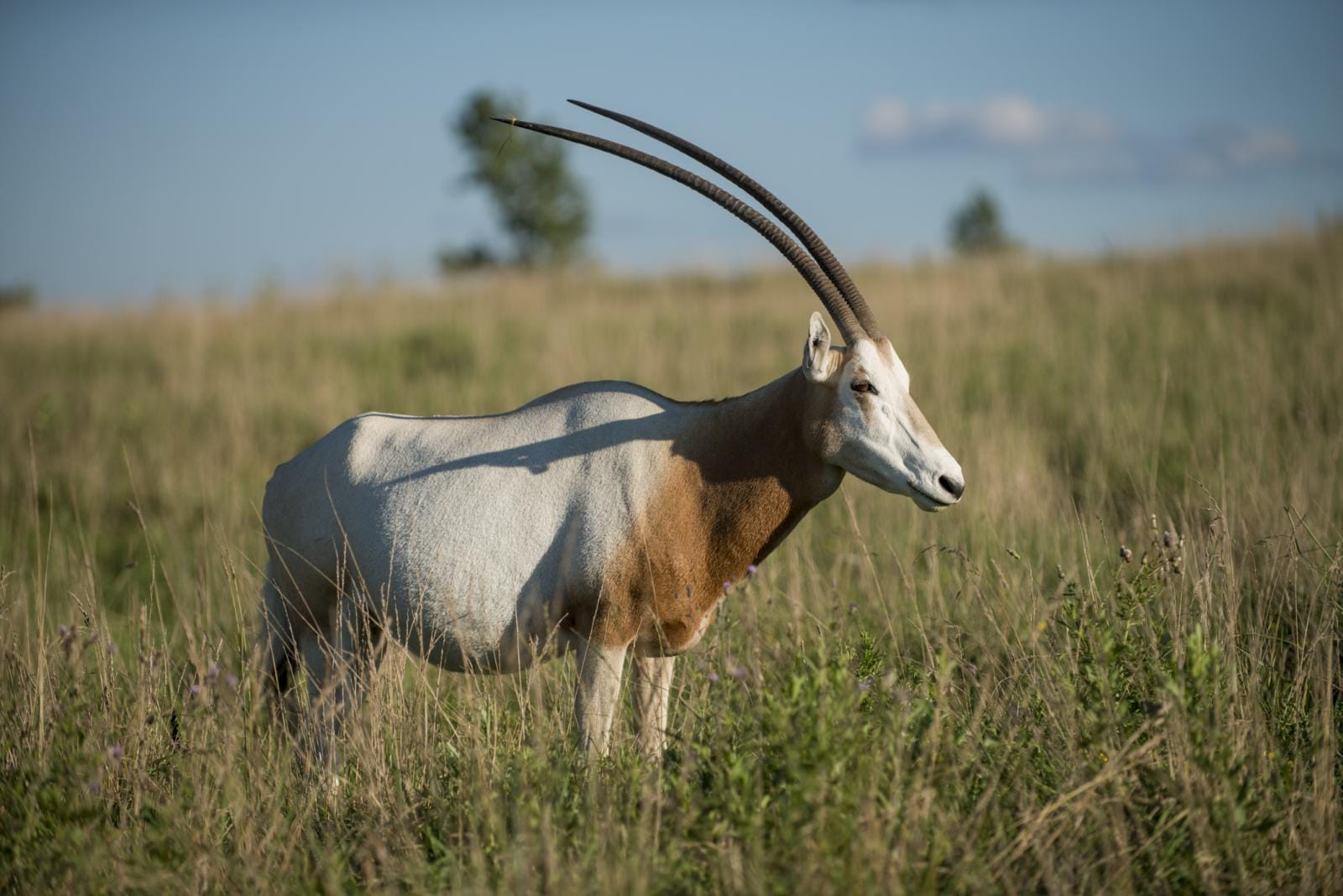
A few more conservation victories
Conservationists in British Columbia have bought the hunting rights in the Great Bear Rainforest to protect wildlife. The United States is bringing back nature's best firefighters: beavers. In 2023, deforestation in Brazil's Amazon fell by nearly 50%, resulting in the lowest deforestation rate in the last five years. An international court has ruled in favour of the Indigenous Q’eqchi’ people in Guatemala, to stop mining on their lands. How a conservation group in Ecuador protects 10% of the world's bird species. The first-ever US Ocean Justice Strategy will advance environmental justice for communities that rely on the ocean and the Great Lakes. How one of Uganda’s smallest national parks became a powerful model for the future of sustainable conservation. New York has become the tenth US state to ban wildlife killing contests, and its Birds and Bees Protection Act just came into effect, prohibiting neonicotinoid pesticides. The 12 tribes of the Confederated Tribes of the Colville in Washington State are restoring the lands of their ancestors. Why 2023 was a year of real progress in environmental protection and scientific cooperation.
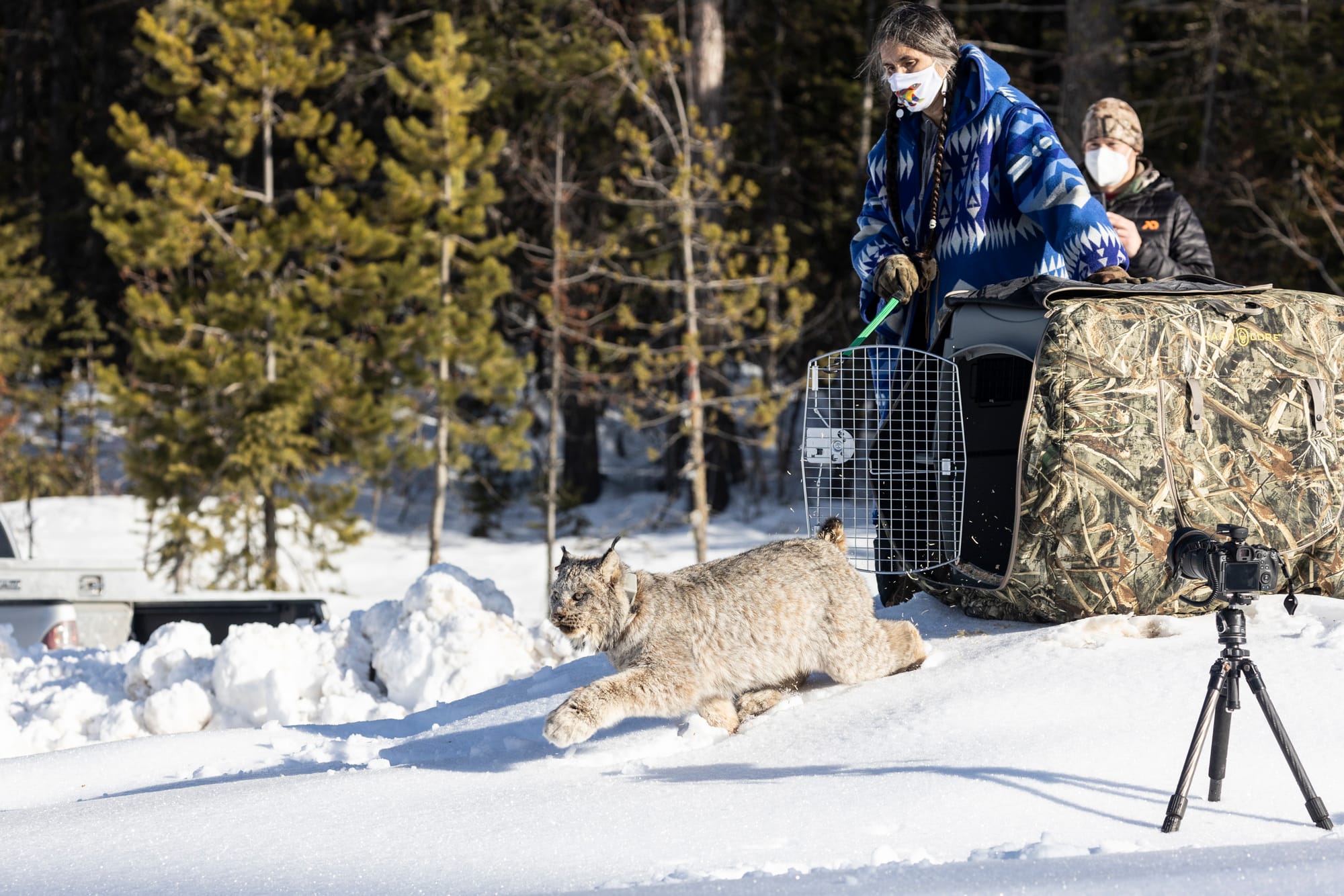
Saving the world is cheaper than ruining it
The world installed so much clean energy in 2023 that the IEA has had to revise its forecasts up (again) by an incredible 33% in one year. Analysts can't keep up: this is an exponential expansion of renewables everywhere, all at once. Under current policies and market trends, renewable capacity is set to be 2.5 times higher by 2030, putting the COP28 goal of tripling within reach.
Here are the IEA's latest predictions. How's this for a set of dominoes?
💧 Wind and solar generation will overtake hydropower in 2024
🪨 Renewables will overtake coal in 2025
☢️ Wind generation will surpass nuclear in 2025
💨 Solar generation will surpasses wind in 2028

For the first time ever, humanity is investing more money in solar than oil, and contrary to popular belief, building enough renewables does not require a surge in new spending, because a lot will come from the reallocation of current spending from fossil fuels. The net growth in capex required for net zero pathways is only 5% per year, in line with the past seven years. RMI
China is central to all of this. Last year it more than doubled its solar capacity and increased wind capacity by 66%. This year is going to be all about storage. The country currently has 210 GW of pumped storage and 100 GW of batteries either in operation, under construction, or contracted. That's going to take a huge chunk out of coal and gas. Lauri Myllyvirta
The EU's energy-related CO2 emissions fell 8% last year and are now 14% below their pre-pandemic levels. Germany drove a lot of this: emissions in 2023 fell to their lowest since the 1950s due to less coal-fired power and reduced output by energy-intensive industries, and the share of renewables on its power grids rose by to 55% of the total, passing the halfway mark for the first time ever. ReNews
The EIA just released new forecasts showing the United States is set for remarkable acceleration in clean energy deployment over the next two years, with wind, water, and solar expected to generate almost twice the amount of electricity as coal by 2025. Grid battery storage capacity will triple during the same period, primarily in the renewables-heavy grids of Texas and California. IEEFA
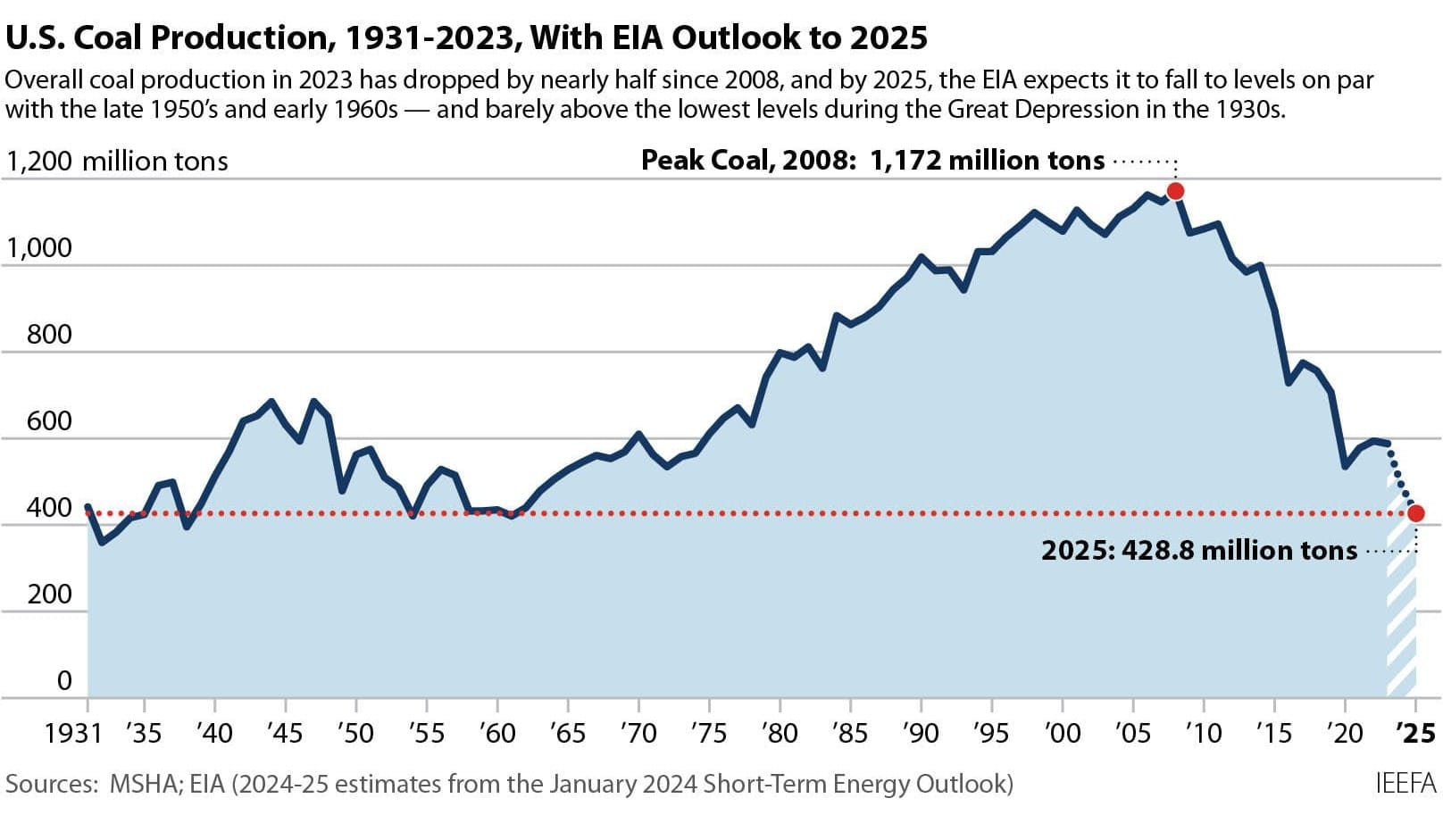
Slovakia has brought forward its coal exit date to 2024; the amount of electricity generated from fossil fuels in the United Kingdom has declined to its lowest level since 1957; half of all electricity in the Netherlands came from renewables in 2023; and Poland's new government just announced it will bring forward its coal exit date and says it's on board with climate efforts with the rest of Europe.
Solar and wind capacity in Southeast Asia increased by 20% in 2023, meaning they now make up 9% of electricity generating capacity in Brunei, Cambodia, Indonesia, Laos, Malaysia, Myanmar, the Philippines, Singapore, Thailand, and Vietnam. Combined with a large base of hydropower, that gets ASEAN close to its renewable energy capacity target of 35% by 2025. GEM
Around 900 new EV chargers are coming online in the United States every week, and the federal government just announced nearly $1 billion to replace 2,700 of the country's iconic yellow school buses with electric versions and $623 million in grants to build more public chargers in communities and along major transport corridors.
Turkey's largest steelmaker Erdemir has pledged $3.2 billion to achieve a 25% cut in its emissions by 2030, and ArcelorMittal and the French state are investing $2 billion to finance two electric furnaces and a direct reduction plant at the company’s steel plant in Dunkirk, a move which will cut France's industrial emissions by 6%. 'This is a major victory for France.'
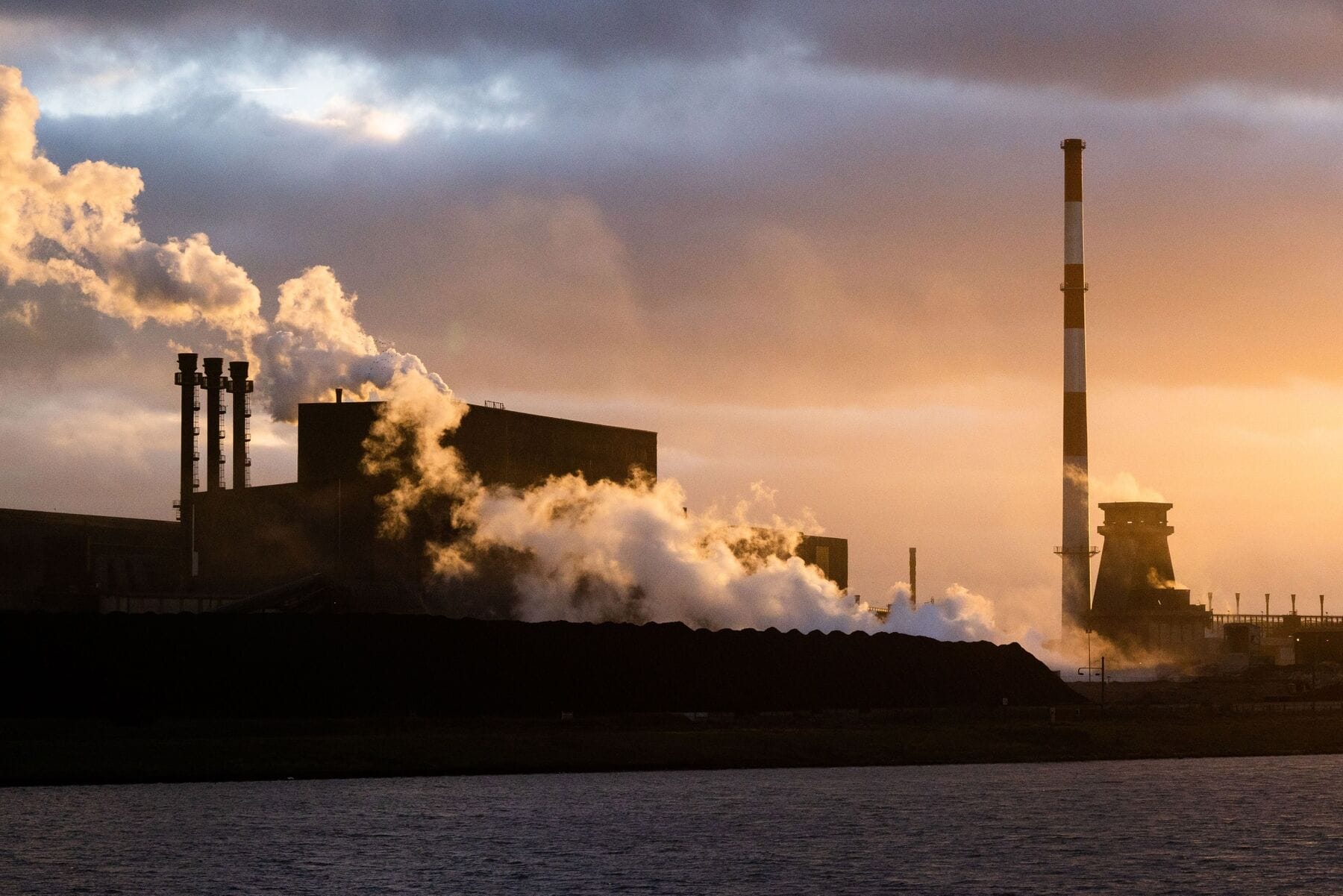
More reasons to stop doomscrolling
Climate scientists hail 2023 as the beginning of the end of the fossil fuel era. Wind turbines are friendlier to birds than oil-and-gas drilling. A huge battery has replaced Hawaii’s last coal plant. One of the biggest regional transmission organisations in the United States says it will clear 72 GW for connection within the next two years, and the largest clean energy project in the country just started construction. India is building the largest clean energy project in the world. Guess what the fastest-growing job in the United States is? (Clue: it's not Iowa Caucus Captain). David Fickling on the positive climate stories of 2024. The BYD Dolphin, a car made in China, has been given the award for best car by one of the most prestigious auto juries in Europe, and CATL’s Shenxing battery, also made in China, has been given the technology award. BMW says it's crossed the tipping point in its shift to electric vehicles, after sales rose by 75% last year. Next time your uncle complains about electric vehicles, you might want to show him the world's largest excavator.
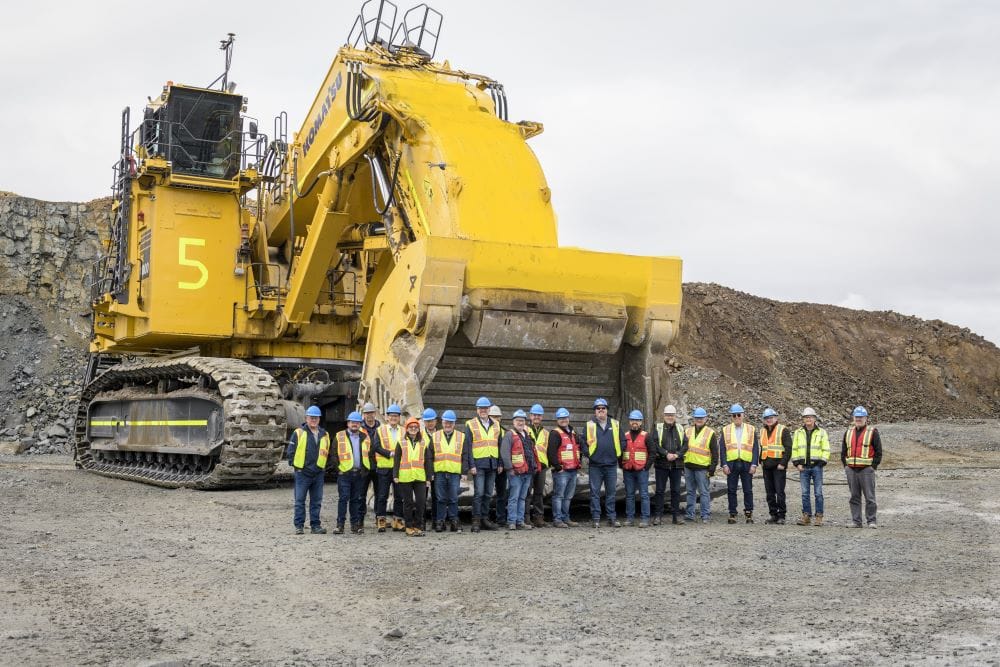
Alright that's a wrap! Thanks for reading, we hope you enjoyed this edition, it reall is nice to be back. This is our medicine too. We'll see you next week.
With love,
Gus and Amy



